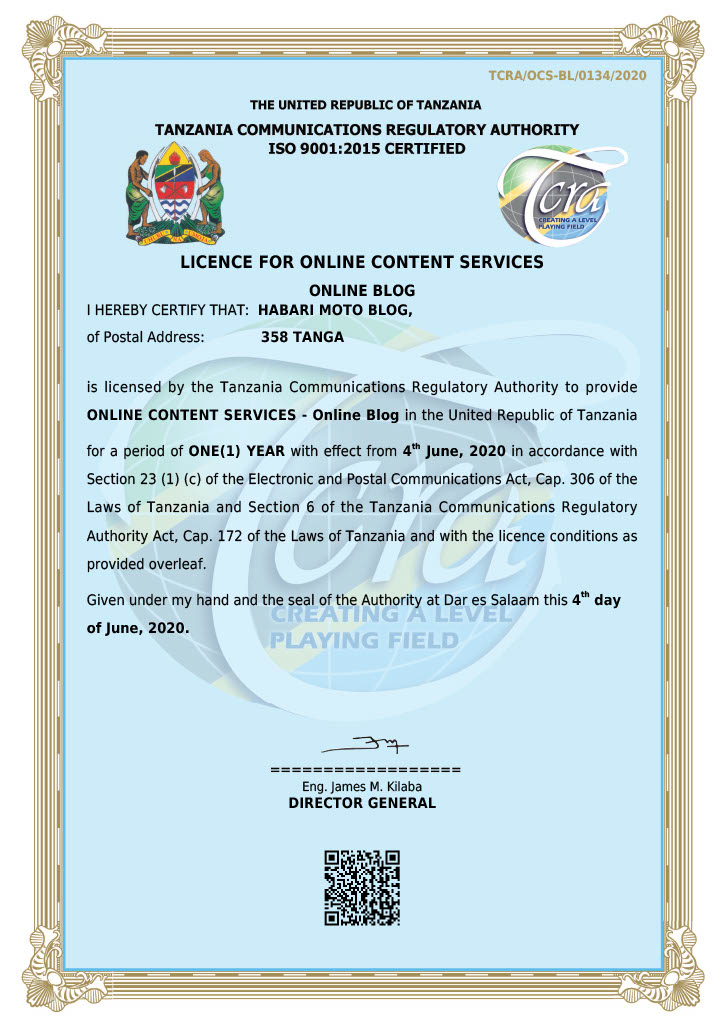Dodoma, January 13, 2025
The use of explosives in Tanzania has surged dramatically, rising from an average of 3,000 tons annually in the 1990s to 26,516.07 tons in 2024, a trend attributed to the expansion of mining, oil and gas exploration, and infrastructure projects.
This was highlighted today by Engineer Ramadhani Lwamo, Acting Executive Secretary for the Mining Commission, during a session aimed at strengthening the capacity of mine and explosives inspectors in Dodoma.
“The growing use of explosives underscores the increase in mining activities across the country. However, without proper oversight, this could result in catastrophic consequences,” Engineer Lwamo cautioned.
He emphasized the urgent need for strict regulation to prevent accidents, noting, “This session is designed to empower inspectors to ensure miners' safety and prevent injuries stemming from explosive misuse. Inspectors must take control of their regions to avoid tragedies that could tarnish the industry.”
The session also revealed that Tanzania currently has over 231 magazines, 493 storage facilities, and 279 registered explosive storage boxes in use, underscoring the widespread nature of the explosives trade.
Engineer Hamisi Kamando, Acting Mines Inspectorate and Environment Director, highlighted the dangers associated with non-compliance with existing laws, including the Explosives Act of 1963 and the Explosives Regulations of 1964. “Several accidents could have been prevented with proper adherence to the laws,” he said.
In support, Senior Legal Officer Damian Kaseko urged inspectors to remain vigilant and adhere strictly to laws, policies, and regulations to avoid legal conflicts and ensure clarity in their roles.
The growing demand for explosives has opened opportunities in Tanzania but has also introduced risks that necessitate robust oversight. As officials and stakeholders work to address these challenges, the focus remains on ensuring safety and minimizing harm in the burgeoning sector.


.jpeg)














0 Comments